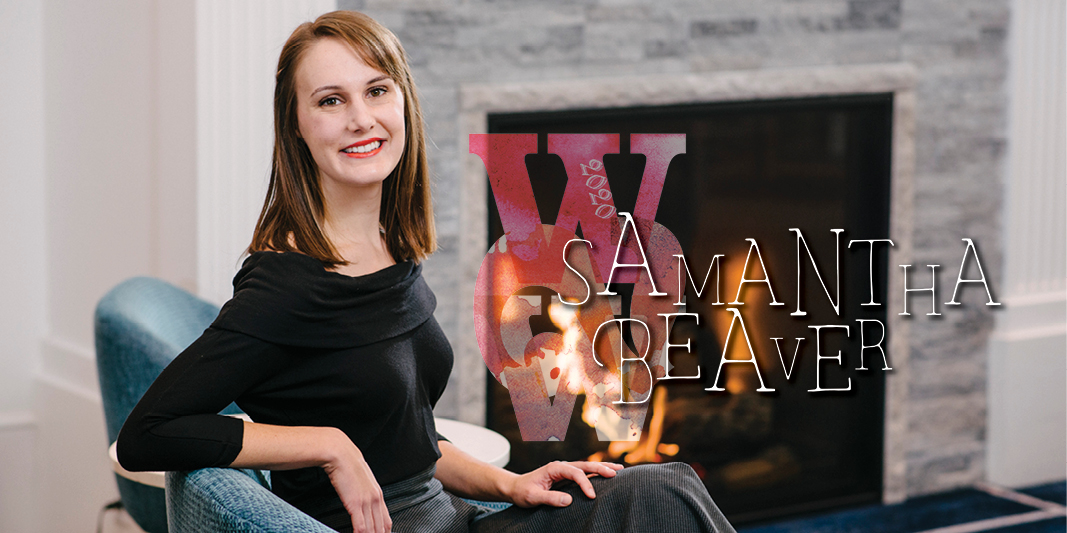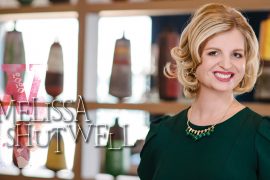By Katy Macek | Photographed by Hillary Schave on location at Hilton Madison Monona Terrace
Communication is key to the workplace, and understanding language is key to communication.
That’s the premise behind Samantha Beaver’s linguistics start-up company, Memra Language Services.
Beaver analyzes companies’ naturally occurring communication processes, which could include conversations, meetings, Slack feeds or survey responses, for employers to better understand how teams work together, hierarchy in the workplace and overall employee satisfaction with the company’s culture.
“As we talk, we naturally bring all of ourselves with us—how you speak exposes who you are,” Beaver says. “The idea is so compelling, and no one else is doing anything like this.”
Beaver, who has a master’s degree in linguistics, founded Memra Language Services about a year ago after realizing the work she was doing in school should be applied to workplaces.
Last year was a roller coaster for Beaver, but she’s proud of how far she’s come. Everyone she’s worked with has been supportive of her service, and she can’t wait to bring it to more businesses in 2020.
She’s working with a local company to create a software program to automate her analytics. Currently, she does everything by hand herself.
Maggie Porter Kratz, who works with the Madison College Foundation, has known Beaver for six years and is continually inspired by her friend’s skills.
“Samantha’s whole being is fueled by her passion for language and her go-big-or-go-home spirit,” Kratz says. “Her enthusiasm for linguistics is interesting and infectious, and it draws people together.”
With that attitude, Beaver is also hoping to draw students closer to language. She’s working with her mother—a German teacher—to create a K-12 language program students around the state could attend.
LinguaZone follows the premise her mom teaches—bringing authentic immersion language experiences to children, rather than taking them out of the country to learn. (Beaver points out that traveling abroad may not be accessible for many families.)
“It’s challenging for teachers to provide great immersion experiences, but we have fluent Spanish, French and other speakers in Madison,” Beaver says. “We want to create a space for that authentic experience to occur right here.”
LinguaZone would be an event teachers could bring their students to twice a year for both foreign-to-the-U.S. languages as well as English as a second language. Kids would learn from and practice with native language speakers.
Beaver says she’s gotten some interest from the Wisconsin Department of Public Instruction. She hopes to launch a pilot program this spring. If all goes well, the first LinguaZone would occur in December 2020.
According to Beaver, the hardest part about her work is getting people to believe in it, but she knows that will get easier with time.
“Introducing something new into the world is challenging, but it’s important,” Beaver says. “You have to have people understand it before you can make money off it.”





Comments are closed.